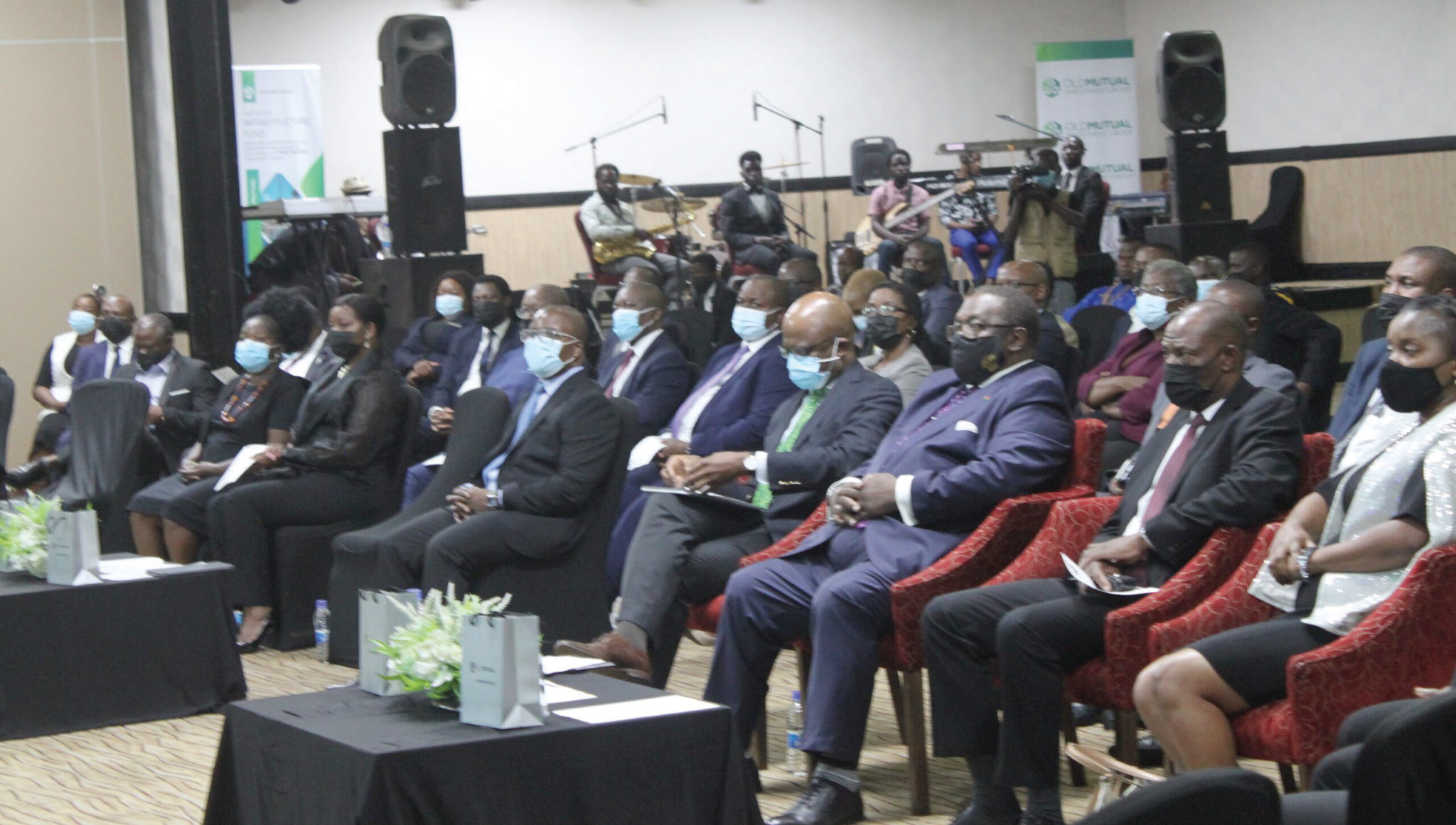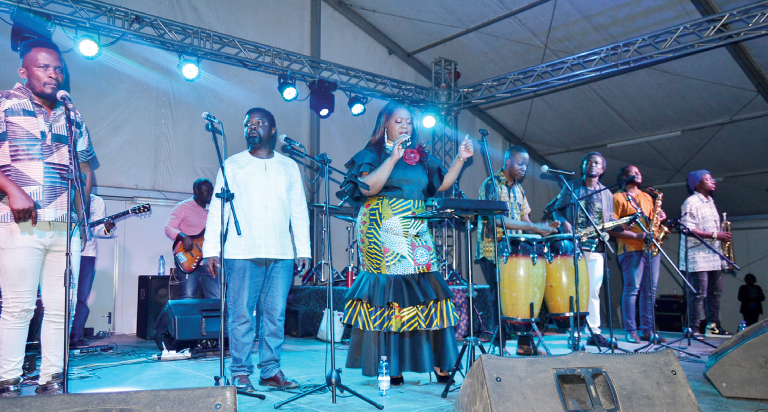Malawi Local Government Association (Malga) has accused central government of lacking commitment to adequately fund local authorities, saying the situation is frustrating development at the local level.
Malga’s sentiments follow a post-budget fiscal dialogue meeting held on Saturday in Salima by Malga and Non-governmental Organisations Coalition on Child Rights with members of the Parliamentary Cluster Committee on Social Development and Local Authorities and Ministry of Local Government.
Mkandawire: Target is not being met
Malga executive director Hadrod Mkandawire said in an interview that the backbone of all the problems is the lack of government’s commitment to meet its fiscal obligations.
He said: “The Decentralisation Policy of 1998 stipulates that government shall provide a minimum of five percent of total annual revenues to the local authorities as unconditional grants but we have never reached above two percent.
“So, the annual national revenue is not being met, the ceded revenue is not being committed, government is dragging the fiscal devolution, it has devolved local authorities’ functions quite well but the responsibilities are not being supported with requisite resources.”
Section 150 of the Constitution states that government will ensure that local authorities are well funded and have enough resources to discharge their mandate.
On the other hand, Section 10 of the Decentralisation Policy defines revenue sources such as toll gates, among others, but what has been happening is that government is yet to start ceding the resources to councils as whatever is generated goes to the central government.
Malga has since called on the government to allow councils to start benefiting from ceded revenue that can be drawn from levies, toll gates and mining, among others, to facilitate development at the local level.
In the 2022/23 National Budget, local authorities development budget is estimated at K30.08 billion that comprise resources for construction of city roads estimated at K23.30 billion, the borehole and water structures fund estimated at K2.32 billion, the District Development Fund (DDF) estimated at K 2.80 billion, dualisation of Chileka-Blantyre Road estimated at K1 billion and the Infrastructure Development Fund estimated at K0.61 billion.
In the 2022/23 National Budget, total capital budget is estimated at K61 billion with governance allocated K39 billion while social support is allocated K22 billion.
In her reaction, Deputy Minister of Local Government Halima Daudi said the ministry is committed to addressing the Malga concerns and that it is engaging Treasury on demands for local authorities’ funding.
She said: “Over the years, we have been in discussion with a lot of ministries that they should devolve some of the activities to councils, but they have been saying that the councils are not capable.
“But now councils have started showing they are capable, that they can handle everything within them and ministries are now devolving the activities to councils.”
Daudi said it is the wish of her Ministry to see all ministries devolving the activities to councils to ease their workload.
Malga also expressed concern that the financial arrears have been accumulating due to central government activities such as ministerial and presidential visits to districts that require funds for preparation but are not budgeted for.
However, Daudi said councils have the right to refuse to finance the activities by asking the central government to support such visit.
Malawi has 35 local government councils comprising four city councils of Blantyre, Lilongwe, Zomba and Mzuzu, two municipal councils, namely Luchenza in Thyolo and Kasungu, one town council in Mangochi and 28 district councils.
The post Malga decries low funding to councils appeared first on The Nation Online.
 Moni Malawi
Moni Malawi 

